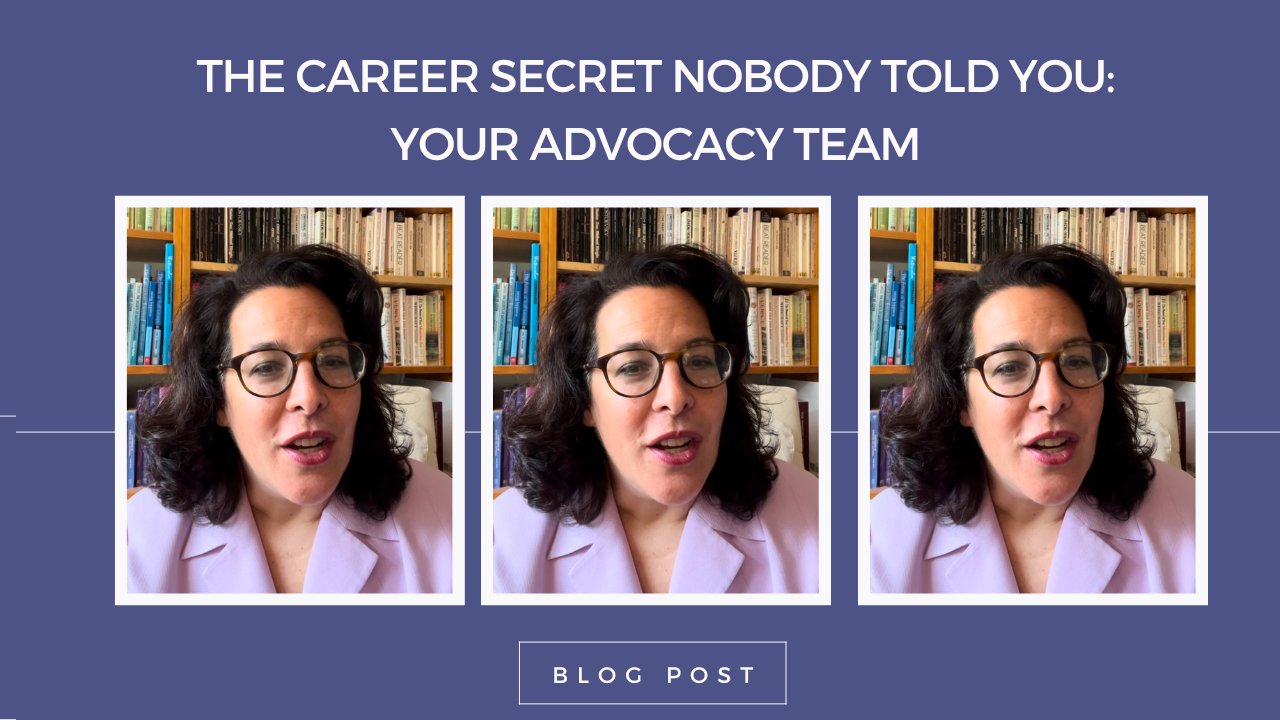The Maverick Files
Work hard, but not visible? Your career deserves better.
Here's what I realized after years of helping professionals break through career plateaus:
Without intentionally cultivating relationships,...
If you're thinking about becoming a manager for the first time, you may have some concerns. Concerns that women have shared with me about transitioning to leading a team include things like how do I k...
Wouldn't you love to know what those executives are talking about in talent review meetings? Who are they talking about, and what are they saying? Let's pull back the curtain a little bit, it's such a...
Career success is based on three key factors: performance, image, and exposure, according to a theory published by Harvey Coleman in 1996.
The relative importance of these factors might not be how we...
What distinguishes the high potential, high-performing, promotable rock stars from everybody else?
One thing I discovered in my interviews with executives about this topic is that the rock stars acti...
Your executives are probably getting briefed on the measurable traits of high-performing leaders before they going into the talent meetings where they're choosing which individuals in which to invest ...
Since I’ll bet you're curious about what the easily promoted rockstars do that distinguishes them from everyone else, I'm going to share one of their secrets with you. It has to do with getting and us...
Let's say you're working on getting promoted or somehow taking your career to the next level, but you're not sure if you have your manager's support.
Here are three things you can do to make sure tha...
Wouldn't you love to know what executives are talking about in talent review meetings? Who are they talking about and what are they saying?
I help corporate women who want to accelerate their advance...
Your executives are probably getting briefed on the measurable traits of high-performing leaders before they're going into talent meetings where they're choosing which individuals to invest their deve...
I know you're all interested in the promotion process as I've heard from you. I want to walk you through it. I'm Christina DelliSanti-Miller of Full Potential Realized.com and I help women to build ca...
He looks at me right in the eye and states it flatly. “You’re not doing anything.” Excuse me? I think I have misheard him. “You’re not doing anything.” At the moment I’m leading six committees, consul...
THE PROSPERITY NEWSLETTER
Want Helpful Finance Tips Every Week?
Lorem ipsum dolor sit amet, metus at rhoncus dapibus, habitasse vitae cubilia.












